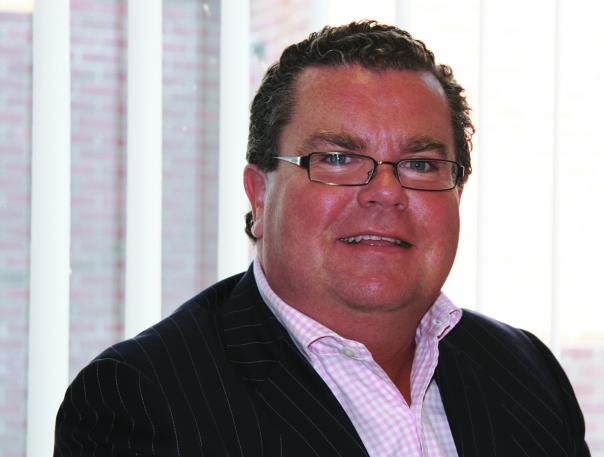
The personalisation agenda being carried through by the Government into the care community is designed to allow users to make their own decisions about how their care money is spent.
Personalisation is a social care approach described by the Department of Health as meaning that “every person who receives support, whether provided by statutory services or funded by themselves, will have choice and control over the shape of that support in all care settings”.
It is often associated with direct payments and personal budgets, under which service users can choose the services that they receive.
But, just as importantly, it means services are tailored to the needs of every individual, rather than delivered in a one-size-fits-all fashion.
It’s an approach that, as far as catering is concerned, I believe is particularly suited to independent operators because we have the leeway to make the correct commercial decisions for individual sites.
We’re dealing with people’s lives here and, certainly as far as Caterplus is concerned, this totally defines how we operate as a business.
Personalisation is, therefore, vital and we strive to tailor our service as much as possible working on the feedback we receive. This can be a clear point of difference with some of the larger conglomerates that have lost some of their personality due to their scale.
Care caterers, therefore, have to work hard to create menus that achieve the perfect balance between nutrition and taste, and practicality and cost.
We must also understand that different people have different dietary needs and that flexibility is crucial to all clients. So chefs need to continually seek feedback and regularly attend resident meetings to make sure that the service is right, all day, every day.
Staff have to be trained to think about and understand the on-going catering needs of care home residents.
In terms of the challenges that I’ve had to contend with, one of the biggest has been getting rid of the stigma associated with the care home sector and putting some more excitement and vibrancy into the business.
Messages to residents, family and staff must be crystal clear about what is on offer at mealtimes. Communication has been an area where, at Caterplus, time and investment has been made to ensure a fully inclusive approach is taken.
We wanted to be able to put the fun back into food in care homes. The use of colour, pictorial menus and guideline daily amounts on our menus and menu boards mean that the care staff can talk to the residents about the daily food on offer.
We also like to make a fuss about our meat, fish and vegetables being locally sourced, so we will invite our suppliers down to open day or resident and family events to talk about where the ingredients come from.
The aim is always to focus on the needs of the people we serve – both the clients and residents.
In this industry you have to understand that food is of critical importance to the welfare of residents and that meal times should be a major highlight of the day.
That is why we encourage our staff to take an active part in the life of each care home, communicating with residents and care staff.
When care home caterers do that they can offer a genuinely personalised service in which menus are adaptable and individually prepared to balance nutrition, diet and taste, with tradition and variety.
And catering teams have to remain conscious that many residents have specific dietary requirements so that chefs can take a flexible approach and routinely adapt the menu to cater for these needs.
Alongside specialist help from dieticians and nutritionists, chefs should constantly seek feedback from the residents by regularly attending residents meetings and changing the menu at least every four weeks.
That way residents are never bored with the menu offerings.
Just as important in a care setting is the relationship between the catering manager and care staff. There must be a free flow of information if the catering team is to play its part in dealing with issues such as dietary requirements and malnutrition.
Poor nutrition is a major challenge so catering managers must meet all new residents as they enter the home to establish what they have in their cupboards at home and what their favourites are.
It’s not as simple as writing a menu and saying there you go, get on with it. We want to know what our residents like and adapt our menus accordingly; in other words - personalisation.